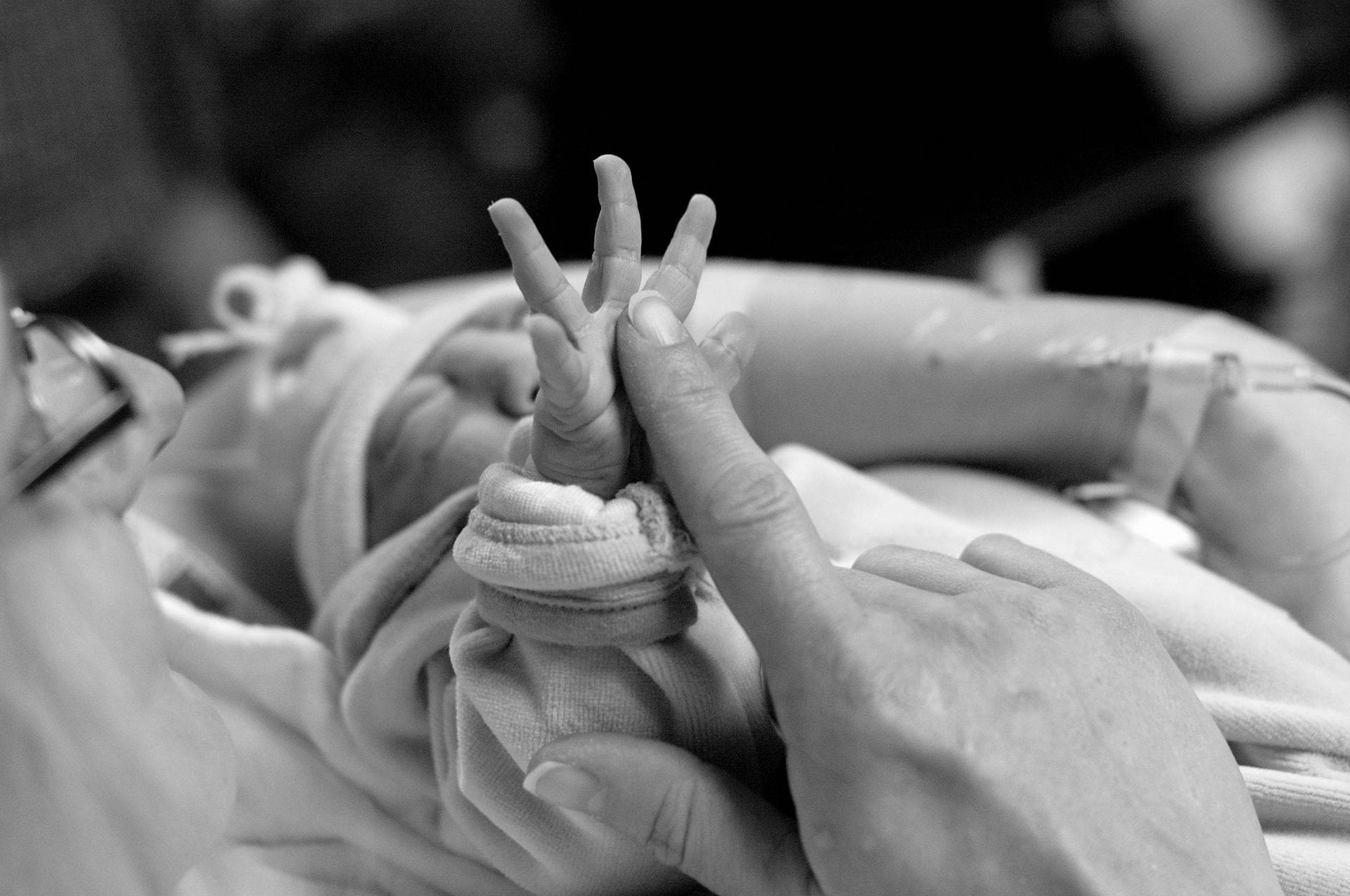Pope Francis and Donald Trump have at least one thing in common – they are both sinners. But the similarities end there.
Pope Francis frequently reminds us that he is a sinner and asks for our prayers. Trump has told us that he is not a bad person, and therefore he “doesn’t have to ask for forgiveness.”
Pope Francis seeks to build a “Church for the poor.” Trump seeks to build lavish development projects that glorify his name, including a wall on the southern border of the United States that will separate us from our Mexican neighbors.
Pope Francis was a bouncer who became a holy man. Trump went to an Ivy League school and became a bully.
Pope Francis sees the greatness of our nation through our immigrant history and the lives of people such as Dorothy Day, the Rev. Martin Luther King Jr., Thomas Merton, and Abraham Lincoln. Donald Trump sees the greatness of our nation in terms of our national wealth and strong-arming nations to make deals with them that favor us.
Pope Francis understands the need to secure national borders within a moral rubric that also provides for building bridges to connect our one human family. Trump seemingly seeks only to build walls without bridges to connect us.
And it is that last point that has not been adequately understood in the public square and that has been the source of a misunderstood controversy.
Responding to a question regarding Donald Trump on his flight back to Rome after saying Mass on the US-Mexican border, Pope Francis’ reply that “a person who thinks only about building walls, wherever they may be, and not building bridges, is not Christian,” will be added to his growing volume of memorable quotes. In our digital age, his inspiring, gospel-centered messages and populist authenticity will inevitably make him the most quoted pope in history, if he isn’t already.
Yet these words, unlike most others he has espoused that have warmed the hearts and won the minds of people across the global community, are not having the same effect. They are, at a minimum, challenging Catholics and people of other faith traditions from across the ideological spectrum, and in many cases evoking ridicule from the Right. One prominent Evangelical pastor, a supporter of Trump, called on Pope Francis to apologize to him.
As a Catholic Democrat, I am well aware what it feels like to have your faith questioned — in my case for exercising my prudential judgment to arrive at the belief that the Democratic Party best reflects the entirety of the social justice teachings of my Church. So when I first heard of the pontiff’s statement, it gave me pause.
However, on further reflection and after reading the full transcript, I believe that there has been a rush to judgment about the pope’s words. To put the pontiff’s words in a proper context, consider the following:
First, when asked, Pope Francis did not respond to Trump’s intended slur of him — to seemingly undermine his moral authority — as being a “very political person” and a “pawn” of the Mexican government. Instead, the pontiff turned the other cheek and aptly conceded the political point. “Thank God he said I was a politician because Aristotle defined the human person as a ‘homo politicus’, a political animal. So at least I am a human person,” the pope stated. And as for being a pawn, he said, “I’ll leave that up to your judgment and that of the people.”
Second, Pope Francis did not specifically say that Trump was “not Christian.” He said that “a person who thinks only about building walls, wherever they may be, and not building bridges, is not Christian.” Note the word “only.” He further said that, “We must see if he said things in that way and in this I give the benefit of the doubt.” Trump could have just as easily have responded by saying in his statement that he would build bridges as well. If he did, then the argument would turn to one of prudential judgment in how we balance the both/and of this issue. But he did not.
Third, and perhaps most important, Pope Francis was not only responding to a question about Trump, but also speaking to the entire global community about the state of affairs regarding migration, undoubtedly with a mind to the global refugee crisis. While the temptation to interpret his words as being directed personally to Trump in a presidential election year is understandable, it misses the pope’s overarching message.
Pope Francis is a man on a mission, and he wants to bring us along with him. In doing so, his words challenge all of us to bring our faith and reason to bear on the moral issues of our time in a constructive manner. While the Right is having a field day twisting his words for their political gain, many on the Left have felt pushed to the boundary of their comfort zones as well. I, for one, believe that although Pope Francis may have pushed a boundary, he has not crossed it. None of us want to be judged, and I do not believe that Pope Francis did so.
At a time of political and religious division, growing economic inequality, ominous environmental challenges, and a tragic global refugee crisis, our nation is being challenged to determine how we assimilate our faith in a pluralistic society. Pope Francis is providing a consistent moral compass rooted in the Gospel, from which we can all benefit, particularly during this penitential season of Lent.
Steven A. Krueger is the president of Catholic Democrats, an organization whose mission is to advance the Catholic Social Justice Tradition within the public square and the Democratic Party.
















